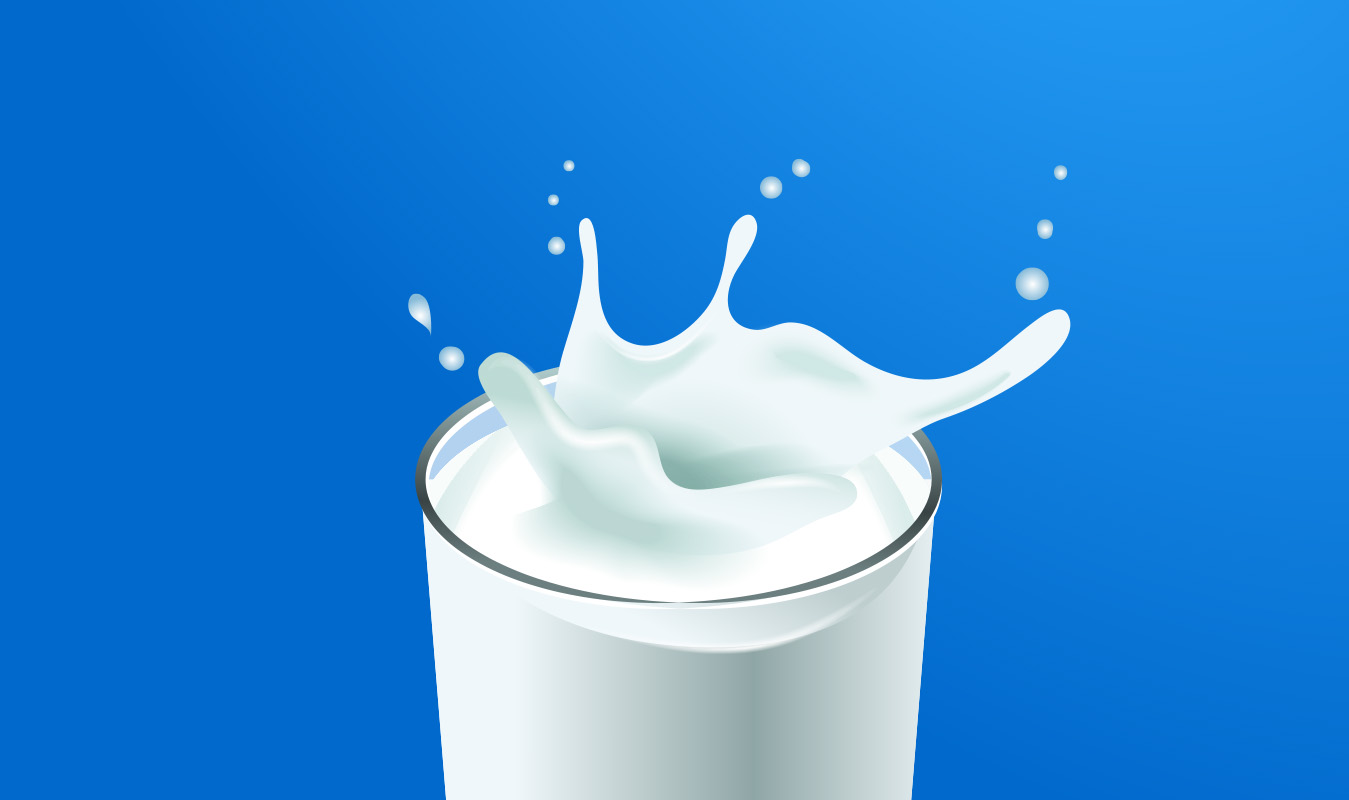
By Anja De Feijter
How is the new mobile App for Dairy farmers relevant to farm technologies and management?
Farm management draws on agricultural economics for information on prices, markets, agricultural policy, and economic institutions such as leasing and credit. This means the dairy sector needs to include information support systems to Dairy management information system supports four of five propositions: reduced product shortcoming, optimal product mix, quality, and efficiencies for the farmers.
Agribusiness development Centre(ADC) together with our partners developed a solution for the dairy farmers and rolled to Bugerere dairy cooperative with over 300 members. Edward Mukimbiri, a farmer in Bugerere Dairy cooperative, delivers 20 liters per day for two times 6:00am and to his cooperative where he is a manager, when he delivers his milk.
eMata is an application tailored for dairy farmers to allow them to use the power of loans to invest in the productivity of their produce. It allows transparent recording and ensures daily milk deliveries are registered whereby the farmer automatically gets instant information about the quantity and price of the milk delivery.
eMata allows dairy cooperatives to effectively manage their administration, including their membership, farmer profiles, payment methods, deliveries and deductions. It makes calculation of farmer payments simple and fast, and supports multiple modes of payment such as cash, mobile money and bank.
When financially sustainable technologies and good management practices are used in unison, new levels of farm productivity become obtainable. The long-term goal of the app is to use the data to provide financial services to cooperatives and farmers, such as credits in terms of goods and services, loans and payments.
eMata is free to use but distributed through field partners and rolled out on cooperative basis. If you want to use eMata for your cooperative, please contact Laboremus Uganda Ltd. “Through smart use of both technology and field training, we believe that this partnership will build a foundation on which cooperatives and farmers can grow stronger, more efficient and prosperous.
The standards of living of rural farmers.
According to statistics from Uganda Dairy Development Authority, out of Uganda’s annual milk production of 2.5 billion litres, 80 per cent is sold while 20 per cent is consumed by the producing households. Middlemen take the lion’s share of proceeds from milk and this is so because farmers face challenges such as difficulty in accessing the market, production on a small scale by individual farmers and failure to access financial services to improve on production, among others.





